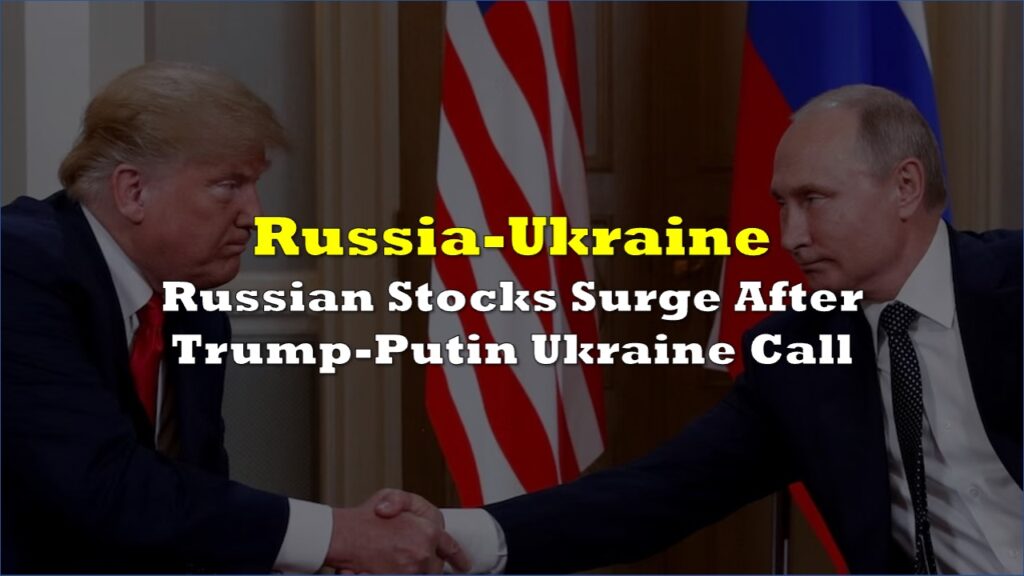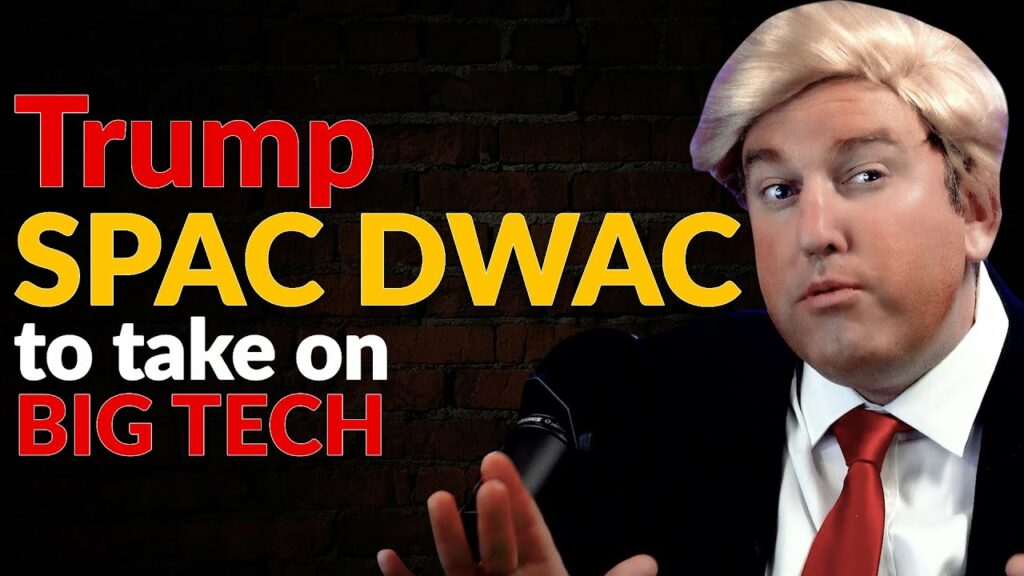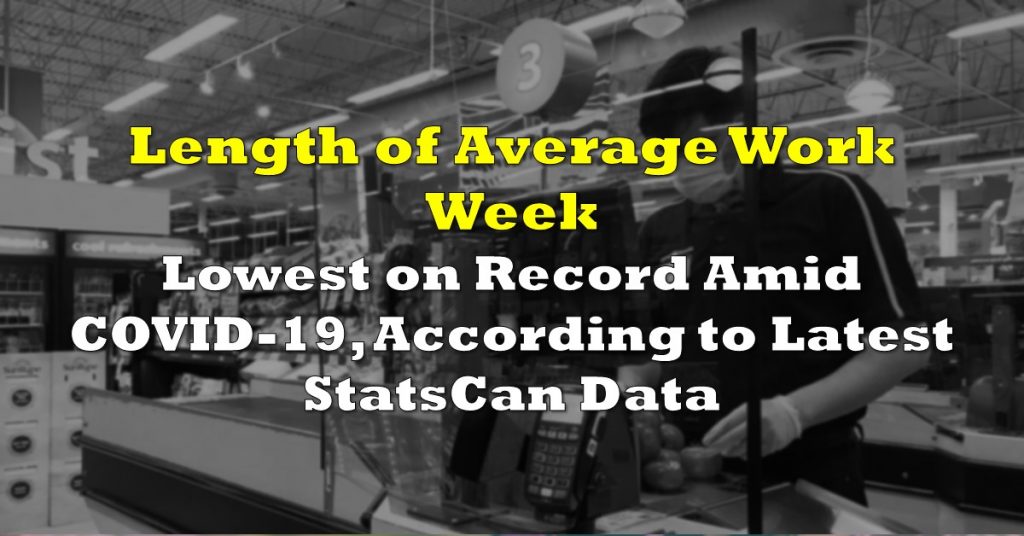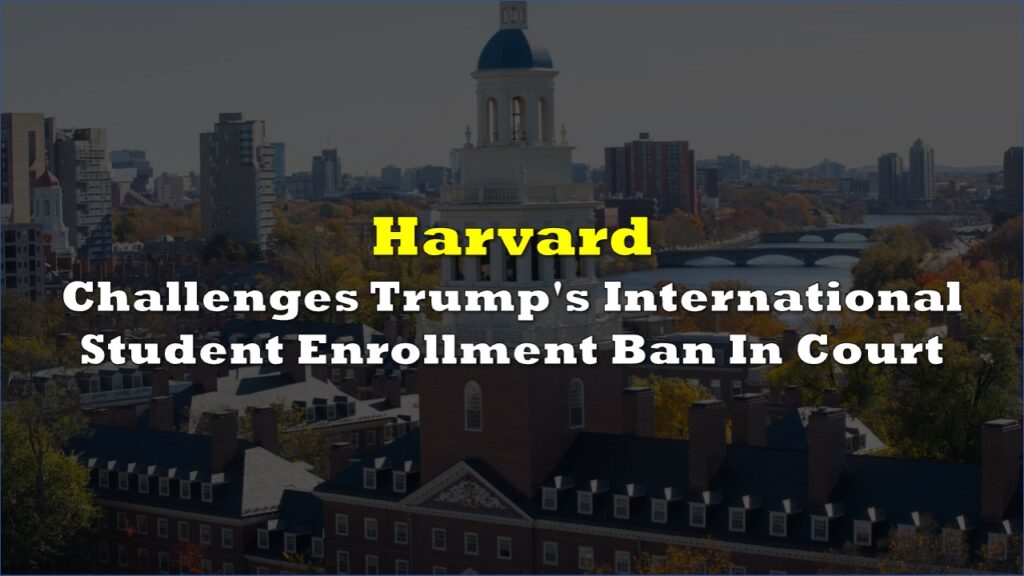As U.S. President-elect Donald Trump revives his trademark tariff threats, questions swirl about whether his rhetoric targets specific trade agreements like the United States-Mexico-Canada Agreement (USMCA) or represents a broader strategic move.
While Trump’s proposed tariffs—a 25% duty on Mexican and Canadian imports and 10% on Chinese goods—are framed as tools to curb illegal immigration and drug trafficking, analysts suggest they may also be a calculated maneuver tied to the upcoming review of the USMCA in 2026.
On the surface, Trump’s tariff threats seem to echo his first term’s playbook, where protectionist policies were often used to compel trade partners into renegotiations. The USMCA, which replaced the North American Free Trade Agreement in 2020, requires periodic reviews, the next of which is slated for 2026. Trump’s latest rhetoric, analysts argue, could be an “opening salvo” to influence those discussions.
Completely agree about this being a negotiating tactic. USMCA is scheduled for review in 2026.
— Ellen R. Wald Ph.D.🛢 (@EnergzdEconomy) November 26, 2024
This is the opening salvo.
It's also about China. https://t.co/lAZzKvPnXX
Trump’s broad demands on social media, including curbing illegal immigration and addressing drug trafficking, may mask more focused trade objectives. By tying these issues to tariffs, he appears to be leveraging economic pain points to extract concessions in future talks.
The USMCA is a cornerstone of North American economic relations, stabilizing trade among the U.S., Mexico, and Canada. It governs over $1.2 trillion in annual trade, with key provisions protecting intellectual property, promoting environmental standards, and addressing labor rights. However, it also includes a clause requiring a formal review every six years, allowing signatories to propose changes.
Flavio Volpe, president of Canada’s Automotive Parts Manufacturers’ Association, noted Trump’s propensity for using strong public rhetoric ahead of negotiations. “What we learned in the first term was he uses strong rhetoric, public rhetoric. But the negotiations are always tough but reasonable,” Volpe said.
The proposed tariffs could strain the agreement, which prohibits unilateral trade barriers without mutual consent. Mexico and Canada have already hinted at retaliatory measures, a move that could escalate into a full-blown trade war.
Mexico and Canada Push Back
Mexican President Claudia Sheinbaum and Canadian leaders have rejected Trump’s assertions that they are not doing enough to combat illegal immigration and drug trafficking. In a televised address, Sheinbaum emphasized the interdependence of North American economies and warned of the consequences of unilateral action.
“We negotiate as equals,” Sheinbaum said. “There is no subordination here because we are a great nation.”
Sheinbaum also highlighted Mexico’s achievements in reducing migration. Since December 2023, border encounters have dropped by 75%, achieved partly through collaborative efforts with U.S. Customs and Border Protection. She accused the U.S. of contributing to the violence fueling drug trafficking, noting that 70% of illegal weapons in Mexico originate in the United States.
Canadian officials, meanwhile, pointed to the integrated nature of the automotive, agriculture, and energy sectors. Cross-border production is essential for automakers like General Motors, Ford, and Stellantis, all of which operate heavily in Mexico and Canada. Tariffs could disrupt these supply chains, driving up consumer prices and reducing competitiveness.
During Trump’s first term, tariff threats frequently served as leverage in trade negotiations. For example, his 2018 steel and aluminum tariffs sparked outrage but ultimately led to exemptions for Canada and Mexico during the USMCA negotiations. Economists have described this approach as high-risk brinkmanship, which can generate significant uncertainty but often avoids full implementation.
“Trump’s pattern is clear: threaten tariffs, prompt panic, negotiate, and then declare victory without major changes,” said Scott Lincicome, vice president at the Cato Institute.
Some experts see parallels between Trump’s current rhetoric and his first-term strategy. Tracy Shuchart, an energy market expert, dismissed the latest threats as likely performative. “This would adversely affect U.S. oil refiners, raising gas prices in the U.S.—something the Trump administration says they want to lower,” she said. “This is a negotiating tactic, if even true, at best.”
As the USMCA heads toward its 2026 review, Trump’s rhetoric could set the stage for significant changes—or simply serve as a posturing strategy to gain leverage. However, the risks are substantial. Unilateral tariffs could violate USMCA provisions, invite legal challenges, and destabilize one of the world’s most significant trade agreements. The interconnectedness of the North American economy means that disruptions in one country quickly ripple across the others, affecting industries, jobs, and consumers.
Information for this briefing was found via the sources mentioned. The author has no securities or affiliations related to this organization. Not a recommendation to buy or sell. Always do additional research and consult a professional before purchasing a security. The author holds no licenses.









